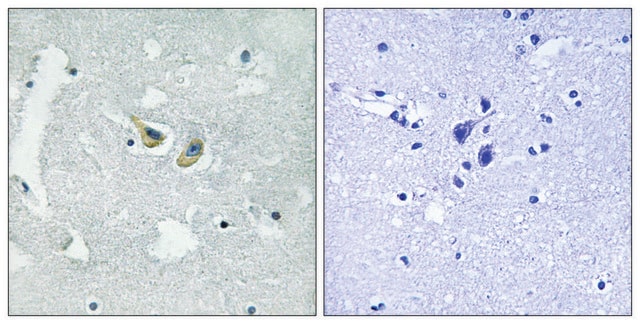HL60 Cell Line human
98070106, human blood, Lymphoblast
Sinónimos:
HL60 Cell Culture
About This Item
Productos recomendados
product name
HL60 Cell Line human, Caucasian promyelocytic leukemia, 98070106
biological source
human blood
growth mode
Suspension
karyotype
Modal no. 46, pseudodiploid
morphology
Lymphoblast
products
Not specified
receptors
Not specified
technique(s)
cell culture | mammalian: suitable
relevant disease(s)
cancer
shipped in
dry ice
storage temp.
−196°C
Cell Line Origin
Cell Line Description
Application
DNA Profile
CSF1PO: 13,14
D13S317: 8,11
D16S539: 11
D5S818: 12
D7S820: 11,12
THO1: 8
TPOX: 8,11
vWA: 16
Culture Medium
Subculture Routine
Other Notes
Certificados de análisis (COA)
Busque Certificados de análisis (COA) introduciendo el número de lote del producto. Los números de lote se encuentran en la etiqueta del producto después de las palabras «Lot» o «Batch»
¿Ya tiene este producto?
Encuentre la documentación para los productos que ha comprado recientemente en la Biblioteca de documentos.
Artículos
DNA, RNA, cDNA derived from ECACC mammalian cell lines allow screening for genes or expression patterns to identify lines most suitable for specific research.
Nuestro equipo de científicos tiene experiencia en todas las áreas de investigación: Ciencias de la vida, Ciencia de los materiales, Síntesis química, Cromatografía, Analítica y muchas otras.
Póngase en contacto con el Servicio técnico







